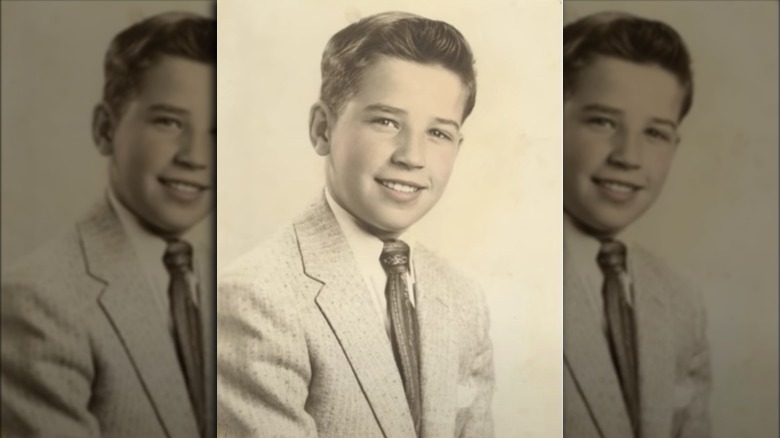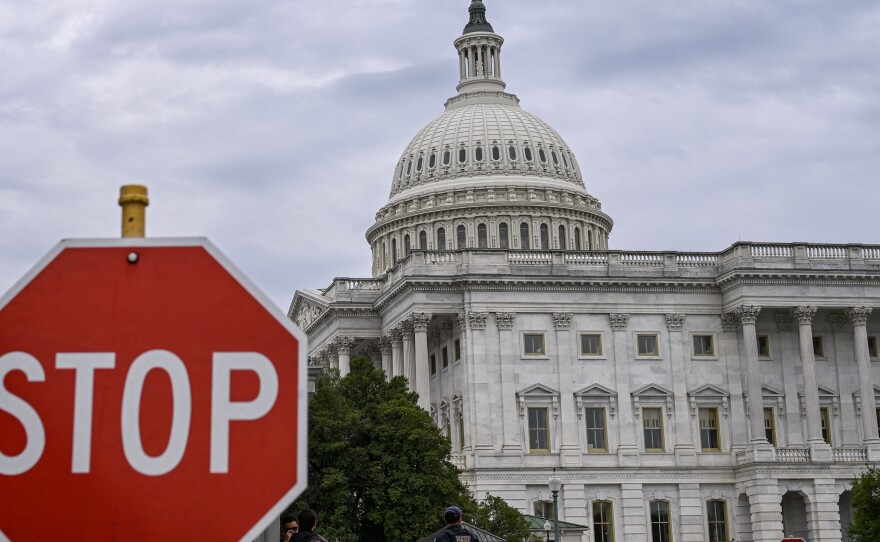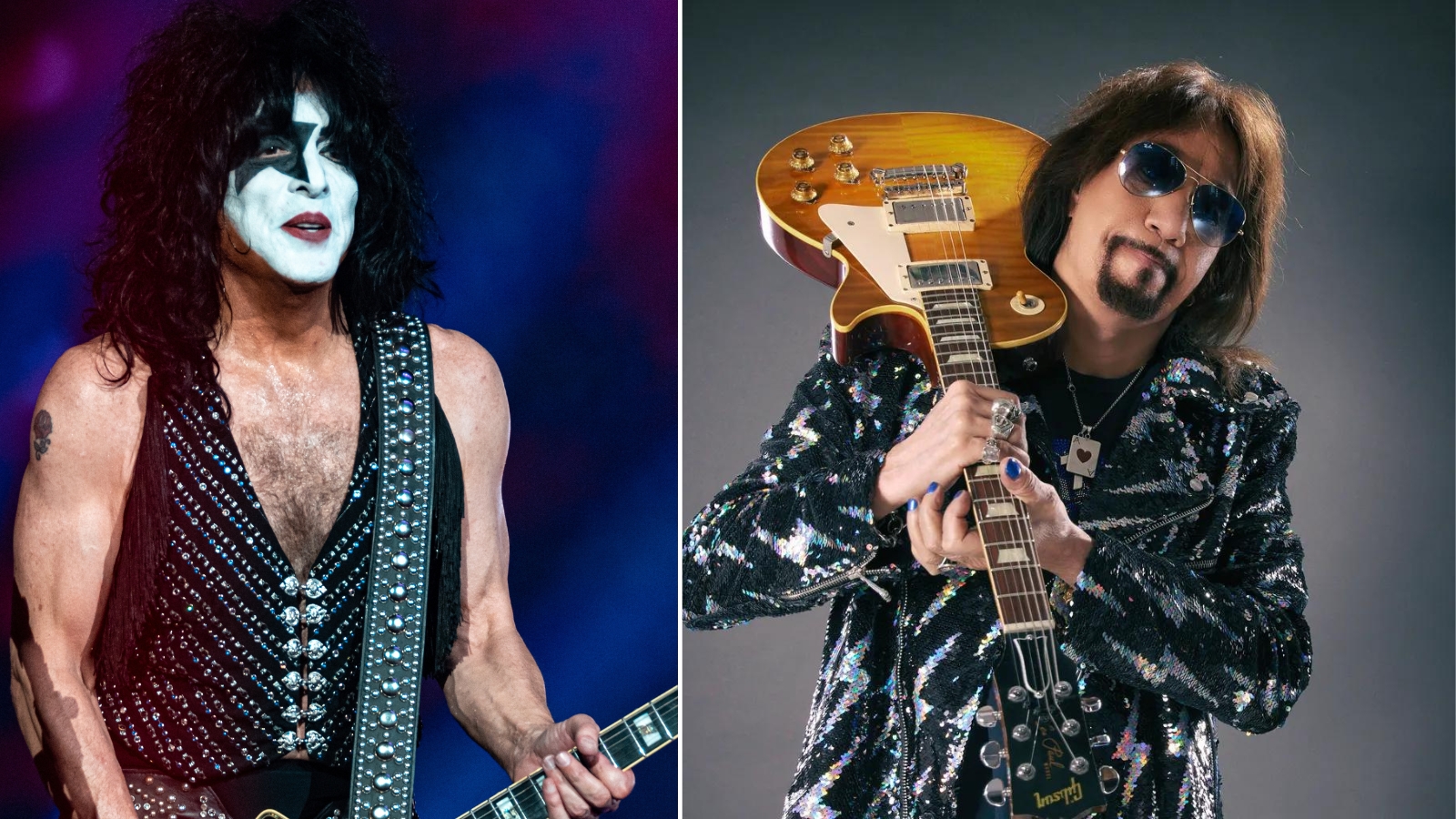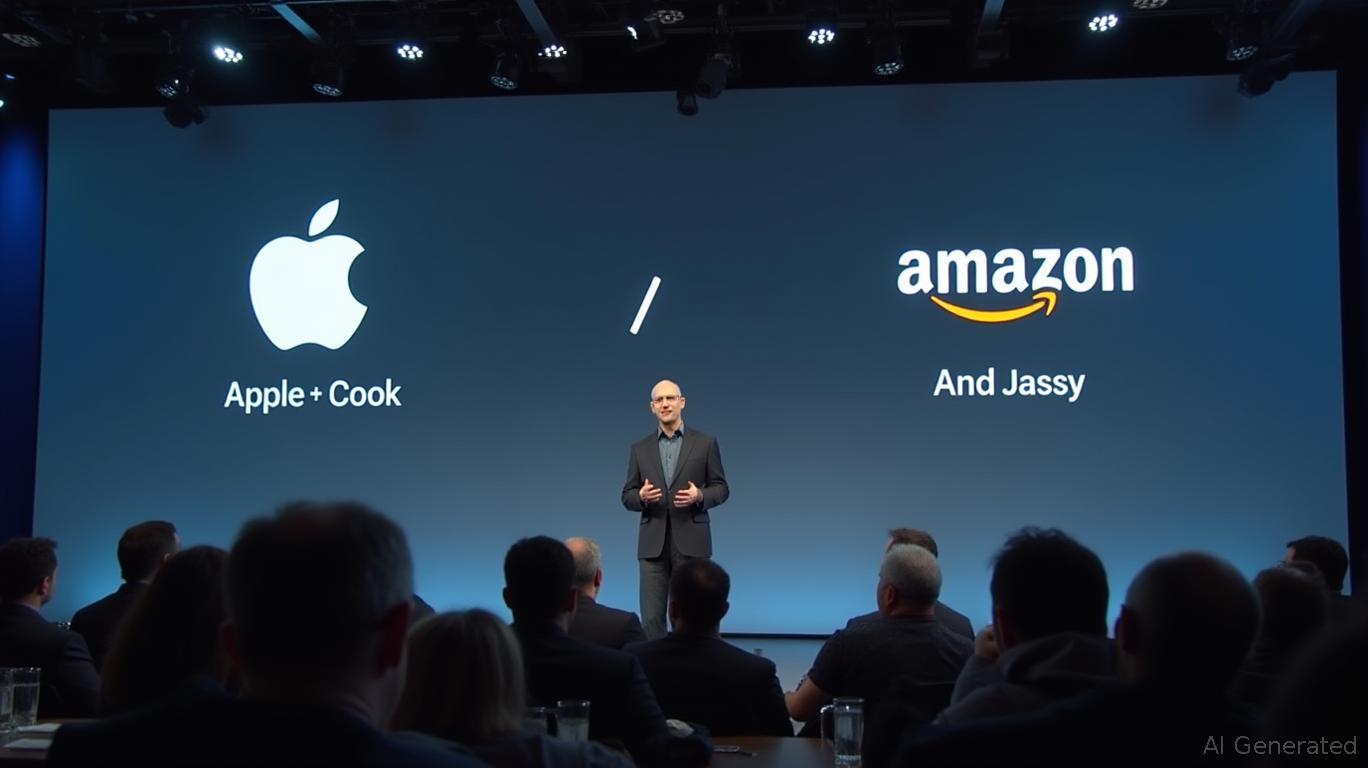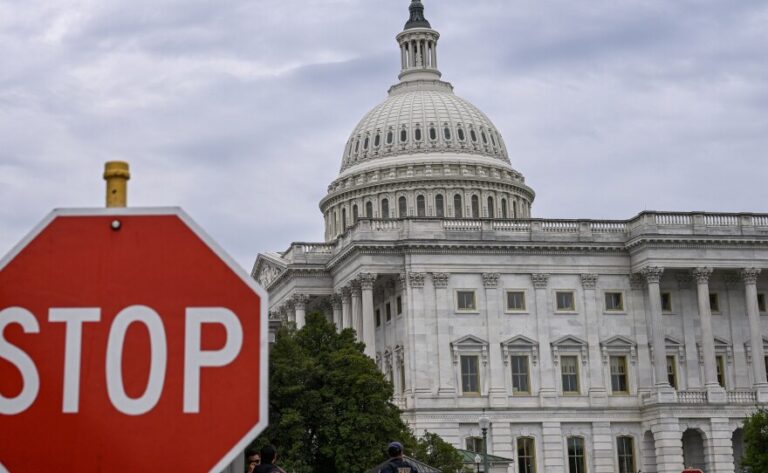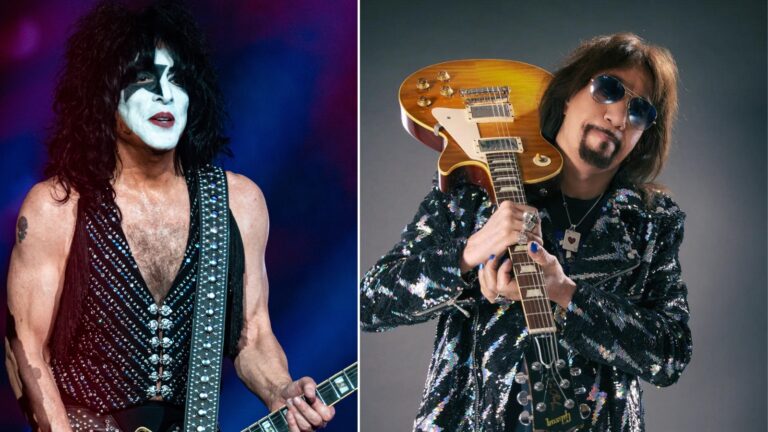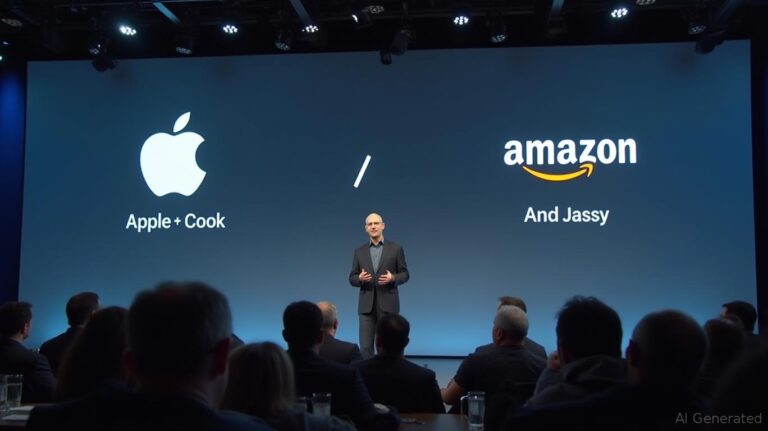When Joe Biden walked into the White House in January 2021, he didn’t just break barriers – he shattered the age ceiling of American presidency. At 78, he became the oldest person ever sworn in as Commander in Chief, kickstarting a presidency where his age would become as much a talking point as his policies.
From his early days as the barely-30 Senator from Delaware to his final bow from presidential politics at 82, Biden’s age has been more than just a number. It’s been a recurring character in his political story, shaping everything from public perception to his ultimate decision to step away from the 2024 race.
Biden’s Age and Political Journey
Joe Biden, born November 20, 1942, stepped into his role as America’s 46th president at age 78 – making him the oldest person ever sworn into the White House. Now 82 years old in 2025, Biden’s age hasn’t just been a number – it’s shaped how Americans view him throughout his time in office.
During his presidency, Biden faced constant questions about his stamina and mental sharpness. While his supporters pointed to his decades of political experience as an asset, critics worried about his ability to handle the demanding job. These concerns only grew louder as his term progressed, with polls showing most American voters had reservations about his age.
The age factor ultimately played a part in Biden’s decision to withdraw from the 2024 presidential race following a challenging debate performance against Donald Trump last summer. After ending his term in January 2025, Biden’s health has remained in the spotlight, especially with his recent medical diagnosis.
Presidential Milestones
Biden’s path to becoming America’s oldest president started well before his time in the White House. As Barack Obama’s right-hand man, he served as Vice President from 2009 to 2017, tackling everything from economic recovery packages to international diplomacy between ages 66 and 74.
When Biden took the presidential oath in January 2021 at 78, he broke records as the oldest person to step into the role. His presidency came with unique challenges – not just policy battles, but constant public attention on his physical stamina and mental clarity. Despite regular medical check-ups declaring him “fit for duty,” questions about his age never quite faded from public discussion.
By the time Former President Joe Biden finished his term in January 2025, he was 82 years and 2 months old. This milestone sparked broader conversations about aging leadership in American politics, making his presidency a turning point in how voters think about age and public service.
Age and the 2024 Election
Biden’s age came front and center during the 2024 presidential race. Despite mounting questions about his fitness for office, he kicked off his re-election campaign hoping to win a second term that would have taken him to age 86.
The turning point came during a June 2024 debate against Donald Trump. Biden’s halting responses and occasional confusion on stage sparked fresh worries about his capabilities. Democratic leaders started speaking up – with Senator Chris Murphy later admitting the party should have “listened to voters earlier” about their age-related concerns.
By July, the pressure became too much. After weeks of intense discussions with party leadership and his family, Biden stepped aside and threw his support behind his former VP Kamala Harris. The move marked the end of his presidential ambitions but showed his willingness to put party interests first. Harris went on to win the Democratic nomination but ultimately lost to Trump in the general election.
Age-Related Challenges
Throughout Biden’s presidency, questions about his stamina and mental sharpness kept popping up in news headlines and voter conversations. White House staff worked behind the scenes to carefully manage his schedule and public appearances, trying to head off concerns about his age.
The spotlight on Biden’s cognitive abilities got even brighter in February 2024 when prosecutor Robert Hur’s report hit the news. Hur described Biden as an “elderly man with memory limitations” – a characterization that sent shockwaves through political circles and gave more ammunition to his critics.
Biden fought back against these perceptions. During an appearance on “The View,” he fired back at claims about cognitive decline, insisting he was sharp as ever. But the constant need to defend his mental fitness took its toll. His team worked overtime to control the narrative, carefully timing his public speeches and press interactions to show him at his best. Still, videos of verbal slip-ups and confused moments kept making rounds on social media, feeding into worries about his ability to serve.
Early Political Career and Age Context
Joe Biden jumped into politics young – really young. At just 29, he won his Senate seat in Delaware, barely making the constitutional age requirement of 30 before taking office in January 1973. Talk about cutting it close!
For the next 36 years, Biden made the Senate his home. From ages 30 to 66, he climbed the political ladder, eventually leading both the Judiciary Committee and Foreign Relations Committee. His time in those power seats shaped everything from civil rights laws to America’s foreign policy playbook.
But the White House kept calling his name. Biden first tried for the presidency in 1988 at age 45, but his campaign crashed after plagiarism accusations hit the news. Twenty years later, at 65, he gave it another shot in 2008. That bid fizzled too, but it landed him the VP spot next to Barack Obama. Each campaign taught him something new, and age played a different role each time – from being “too young and inexperienced” in his early days to facing questions about being “too old” later on.
The Final Chapter
Joe Biden’s journey from being the youngest Senator in Delaware to America’s oldest president tells a story bigger than just numbers. It’s sparked crucial conversations about age in leadership and forced Americans to grapple with complex questions about experience versus vitality in their highest office.
As Biden steps back from the political spotlight at 82, his presidency leaves behind a legacy that’s as much about age and capability as it is about policy. His time in office has forever changed how Americans think about the relationship between age and leadership, setting new precedents for future generations of political hopefuls.

